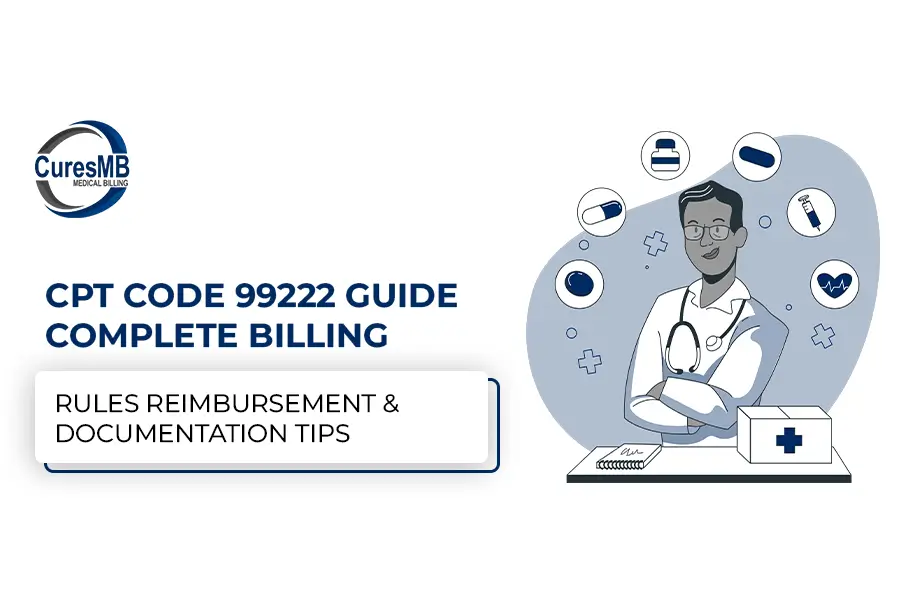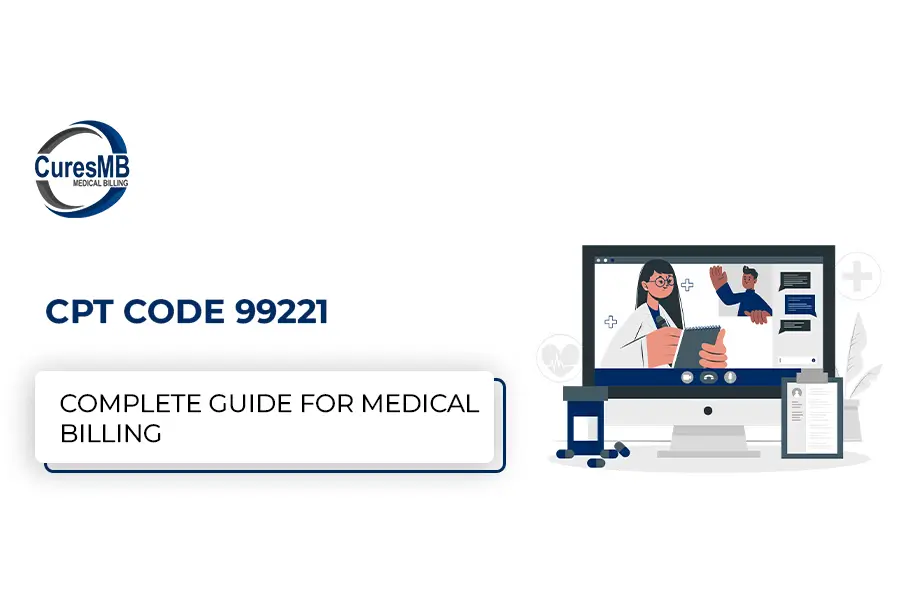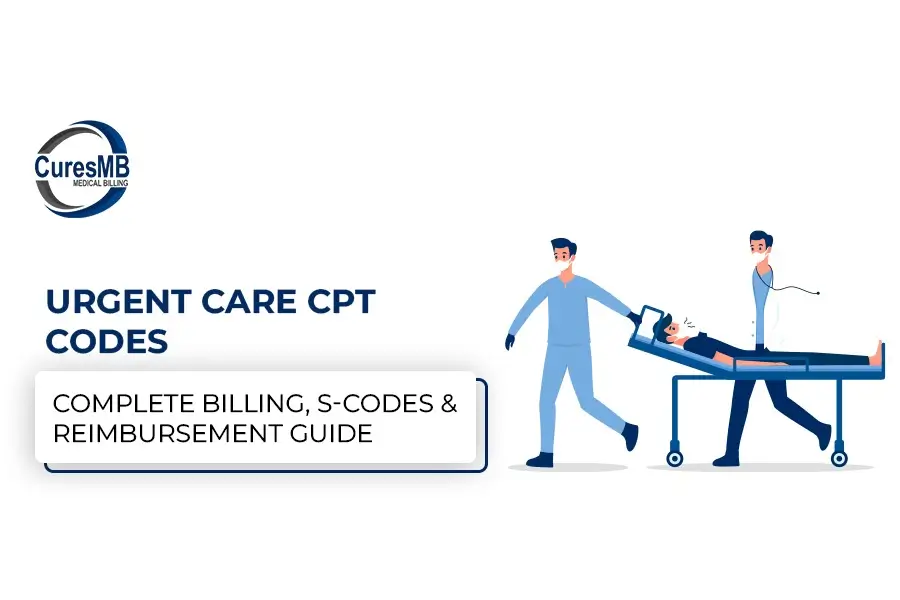CPT Code 99222 is an important inpatient evaluation and management (E/M) service. Used by physicians and qualified healthcare professionals. As the initial hospital care code in the middle complexity level 99222 are used.
CPT Code 99221 – Complete Guide for Medical Billing and Documentation
CPT code 99221 is an Evaluation and Management (E/M) code used for initial hospital inpatient consultations. It describes a comprehensive admission encounter for a patient with a low to moderate complexity medical condition.
Urgent Care CPT Codes (2025) – Complete Billing Guide for Higher Reimbursements
Urgent care centers continue to grow in demand and so does the need for accurate urgent care CPT codes and clean claim submission. In 2025, payers follow strict urgent care billing guidelines (CMS).




